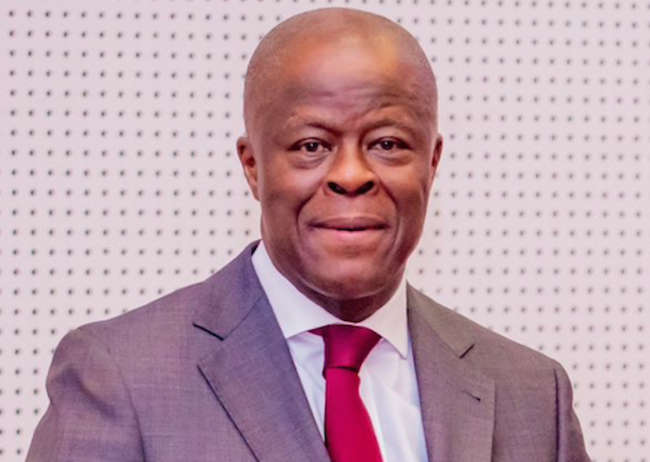Business
MDAs remitted N835.7bn revenue to FG in February – Edun

The Minister of Finance and the Coordinating Minister of Economy, Wale Edun, has disclosed that the revenues of government-owned enterprises, ministries, departments and agencies increased to N835.70bn in February.
This figure indicates a growth of N681.45bn or 441.78 per cent from N154.25bn MDAs remitted in the same period of 2022.
The minister stated this during a presentation titled “Reconstructing the Economy for Growth, Investment and Climate Resilience Development,” delivered at the Lagos Business School Breakfast Club, which was obtained by our correspondent.
Edun said the government had automated a two-time daily sweep of 50 per cent of MDAs and GOEs internally generated revenue since January 2, 2024, leading to more remitted earnings.
“There is an increasing revenue contribution of MDAs and GOEs, growing from 154.25 in February 2023 to 835.70bn in February 2024 through an automated two-times daily sweep of 50 per cent of MDAs and GOEs IGR since January 2, 2024,” he stated.
Recall that in December 2023, the Federal Government, through the Ministry of Finance, directed all MDAs to remit 100 per cent of their internally generated revenue to the Sub-Recurrent Account, which is a sub-component of the Consolidated Revenue Fund.
The government stated in a circular that the directive was to improve revenue generation, fiscal discipline, accountability, and transparency in the management of government financial resources and prevent waste and inefficiencies.
“All Ministries, Departments, and Agencies that are fully funded through the annual Federal Government budget (receiving personnel, overhead, and capital allocation) and on the schedule of the Fiscal Responsibility Act, 2007 and any addition by the Federal Ministry of Finance should remit 100 per cent of their internally generated revenue to the Sub-Recurrent Account, which is a sub-component of the Consolidated Revenue Fund,” the circular read.
The finance minister emphasised that augmenting revenues was a crucial aspect of a comprehensive execution strategy aimed at achieving a 78 per cent year-on-year rise in budgeted revenue for 2024.
He underscored the importance of implementing an upgraded government revenue assurance model, adding that the target was to reduce the budget deficit from 6.1 per cent of GDP in 2023 to 3.9 per cent.
“We have set out a robust execution plan for a 78 per cent y-o-y increase in budgeted revenue in 2024, but implementing enhanced the government’s revenue assurance model is critical with a target budget deficit of 3.9 per cent of GDP from 6.1 per cent in 2023.”
Edun underscored the government’s strategy of increasing the pricing of government securities, which had successfully attracted dollar inflows but at a higher cost to the government.
He further stated that the government had revamped the process for the commencement of 2024 capital expenditure payments by MDAs and GOEs through direct payments to contractors and employed prudent measures to minimise redundancy and reduce leakages through digitisation.
He said, “We have taken prudent expenditure measures by minimising unnecessary redundancy, reducing leakages through digitisation and eliminating inefficiencies. There is also a revamped process for the commencement of 2024 capital expenditure payments for MDAs and GOEs, which is through direct payments to contractors while promoting a government-wide cost curtailment culture across all MDAs & GOEs.”













